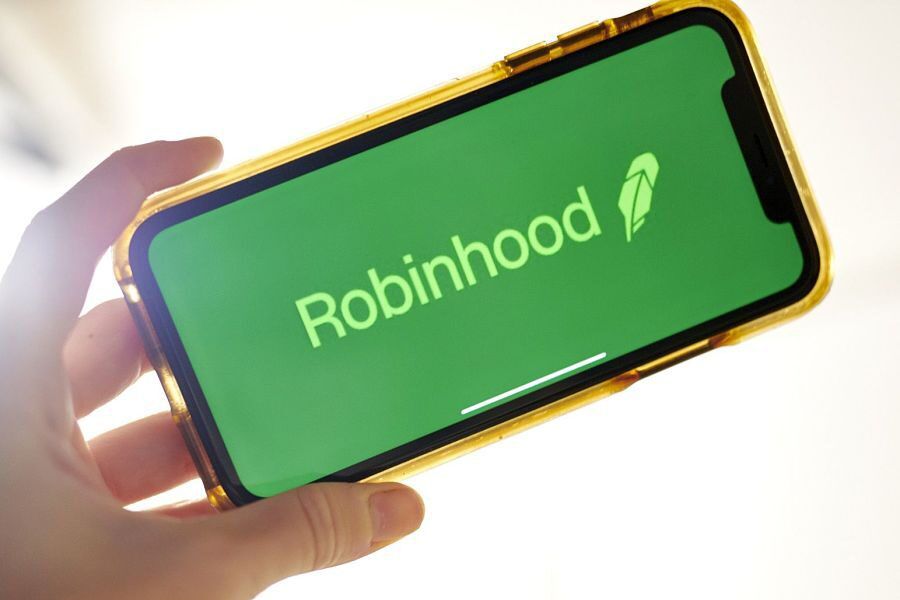on the crypto

The rally of meme titles
The year 2020 could be characterized by the rise of the retail investor. Stuck at home, with stimulus checks in hand and with no other entertainment options, swarms of Americans have turned to day trading.
In the midst of the retail revolution, a voice has risen aloft. His name is Keith Gill and his platforms are Youtube and Reddit. Among other investment analysis, Gill acknowledged that the fan-favorite GameStop title was ripe for a short squeeze. What followed was not limited to just GameStop actions. Encouraged by the low cost of investing, millions of Americans signed up for the commission-free Robinhood trading app to join the action.
In January 2021, retail investors, spurred on by Gill's “double down” analysis, flocked to seven stocks, including AMC, GameStop and Bed Bath and Beyond. Heavily short positions were inundated with buy orders, sending stocks skyrocketing. In the case of GameStop, the stock went from around $ 4 per share to around $ 92 per share.
The Robinhood Trading Block
On January 28, Robinhood jumped into action when the online broker blocked trading in certain stocks, including GameStop and AMC.
Robinhood's move was attributed to market volatility in a statement on the company's website. In all, six stocks were hit, and Robinhood allowed users to sell their shares but not buy new ones.
The broker's move sparked anger from online forums and social media platforms, with some users filing for legal action against the company. Robinhood argues that the halt to trading was due to the failure to register $ 3,7 billion in its clearing house, and not a conspiracy against retail investors.
Litigation in progress
When millions of investors feel unfairly excluded from the market frenzy, legal action is inevitable. This summer, Florida, a class action lawsuit materialized to clarify Robinhood's actions during the meme rally.
On August 8, a Miami federal judge allowed the lawsuit against Robinhood to move forward, citing allegations of market manipulation to cross the litigation threshold. So far the judge has dismissed allegations of collusion between Robinhood and hedge funds to limit trading and broker negligence towards clients. For the time being, the case revolves around the broker's alleged misleading statements hiding its lack of capital.
The lawsuit against Robinhood has far-reaching implications, even for investors who are not involved in the lawsuit. While the long-term effects of the case are still unclear, one thing is certain: Robinhood's actions have shaken investor confidence in brokers.
